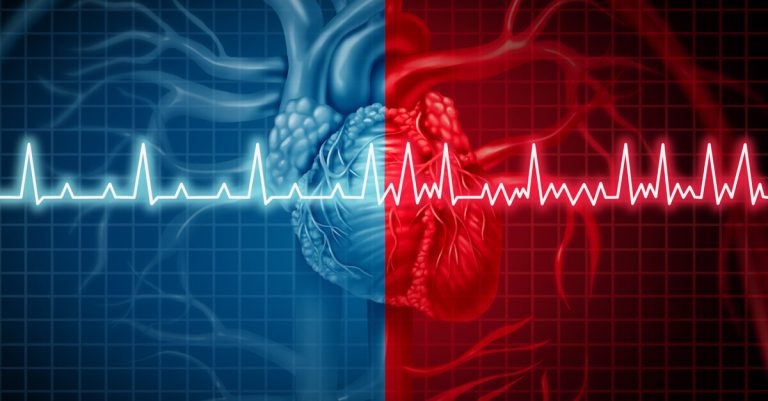HIGASHIHIROSHIMA, Japan: Although periodontitis is not currently considered a modifiable risk factor for atrial fibrillation (AF), a recent study examined whether periodontal treatment could improve the results of catheter ablation, a minimally invasive procedure to correct atrial fibrillation (AF). atrial fibrillation. He found that treating periodontal disease a few months after the procedure can reduce oral inflammation and reduce the recurrence of this irregular and often rapid heart rate in patients. The study is one of the first to investigate the potential effect of periodontal disease treatment on AF.
AF affects the heart and leads to an irregular heartbeat, increasing the risk of stroke, heart failure, and even death. According data from the American Heart Association, more than 12 million people in the US will have MS by 2030. Even more prevalent than MS is periodontal disease. According to US Centers for Disease Control and Prevention, about half of American adults age 30 and older have some form of periodontal disease, and the incidence increases with age. Therefore, the researchers sought to examine whether improving the patients’ oral condition could improve the outcome of catheter ablation.
The study was conducted from April 1, 2020, to July 31, 2022, and included 288 adults with atrial fibrillation who were scheduled to undergo catheter ablation, which uses radiofrequency energy to destroy heart tissue that causes atrial fibrillation. All participants were examined by a dentist before undergoing catheter ablation for atrial fibrillation, and 97 patients were also treated for periodontal inflammation.
The researchers followed the patients for 8.5 months to two years after the ablation procedure and found that atrial fibrillation recurred in 24% of the participants throughout the period. In addition, they found that patients with severe periodontal inflammation who received periodontal treatment after catheter ablation were 61% less likely to experience AF recurrence compared to patients who did not receive periodontal treatment.
“Proper periodontal disease management appears to improve the prognosis of atrial fibrillation, and many people around the world could benefit from it,” said lead author Dr Shunsuke Miyauchi, assistant professor in the Department of Cardiovascular Medicine at the University Health Services Center. of Hiroshima in Japan, he said in a press release.
The study also reported that those who had a recurrence of atrial fibrillation were found to have more severe periodontal disease than those who did not have recurrences.
“While the main findings were in line with their expectations, we were surprised how useful a quantitative marker of gingivitis, known as periodontal inflammatory surface, or PISA, could be in cardiovascular clinical practice,” noted Dr. Miyauchi. The study found that a high PISA, the sum of all bleeding areas in the periodontal pocket epithelium, predicted AF recurrence after catheter removal.
“We are now working on further research to uncover the mechanism behind the relationship between gum disease and AF,” he added.
The study entitled “Periodontal treatment during the gap period improves the outcome of AF ablation”, published online on April 16, 2024 at Journal of the American Heart Association.
Subjects:
Labels:
Live webinar
Fri. May 3, 2024
1:00 p.m. EST (New York)

Dr. Laurence Brecht
Live webinar
Tue 7 May 2024
8:00 p.m. EST (New York)

Dr. Bruno Jam
Live webinar
Thu May 9, 2024
8:00 p.m. EST (New York)

Dr. Jeffrey Rohde
Live webinar
Mon 13 May 2024
9:00 am EST (New York)

Dr. Colin Campbell
Live webinar
Mon 13 May 2024
1:00 p.m. EST (New York)

Doc. MUDr. Eva Kovaľová PhD.
Live webinar
Marry. May 15, 2024
10:00 am EST (New York)

Prof. Dr. med dent. David Sontag
Live webinar
Marry. May 22, 2024
12:00 p.m. EST (New York)

Dr. Nikolai Makarov DDS, MSC, PhD.


